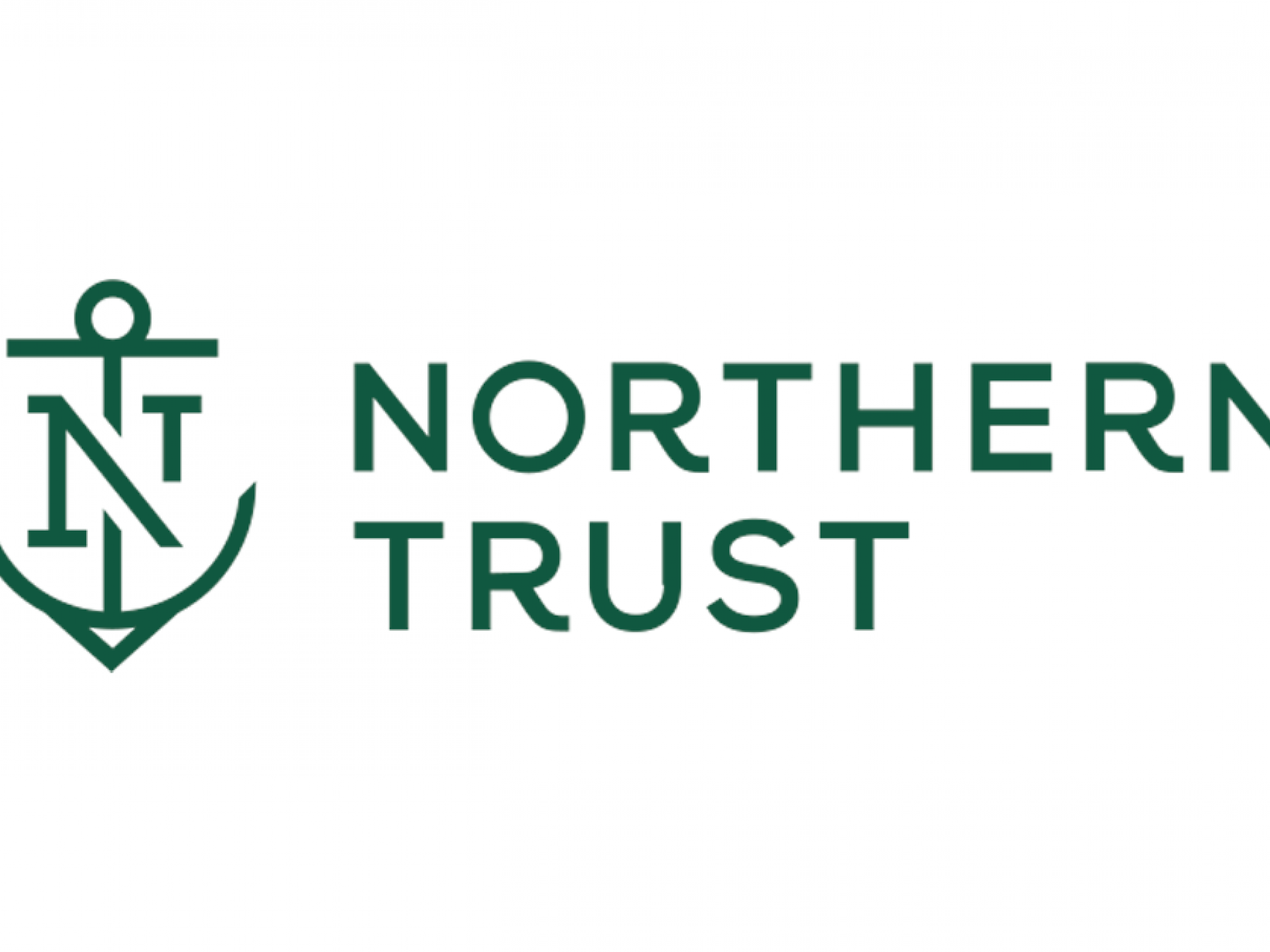
Benzinga, a media and data provider bridging the gap between retail and institutional investors, is bringing back its annual Global Fintech Awards event to New York City on Dec. 8, 2022.
Ahead of this recognition of disruptive innovators in finance and technology, Benzinga will periodically publish articles on those brands that it thinks are making a measurable impact.
Today’s conversation is with Paul Fahey, the head of investment data science at Northern Trust Corporation (NASDAQ:NTRS).
The following text was edited for clarity and concision.
Q: Hey Paul, nice to speak with you. Tell me a little bit about yourself and how you became involved in the business.
Fahey: I started 25-plus years ago in the asset servicing space with a different firm and moved to Northern Trust about 12 years ago. There, I supported asset managers and asset owners in traditional custody and middle office outsourcing.
Now, we’re truly impacting how they manage money and how effective they are in generating alpha. We’ve done that through what we call investment data science partnerships with fintech firms that leverage our access to data on behalf of clients.
You were at State Street before that, right?
I ran their product team for all of the asset servicing business. So, whether it was custody, fund accounting, administration and transfer agency, middle office outsourcing, their insurance, and large asset owner business. Prior, I ran parts of their business operations both in the U.S., U.K., and Australia for a couple of years.
So, what inspired the move to Northern Trust?
Back in late 2008, Northern Trust was very much focused on growing its administration business for asset managers here in the U.S. It had a large presence in Europe, based on the acquisition of Baring Asset Management’s Financial Services Group.
In the effort to grow here in the U.S. and provide a married global solution, the president of our asset servicing business, who I worked with previously, invited me over to build that out.
Talk to me about your focus there at Northern Trust. What’s the product or service?
Investment data science forms part of our whole office strategy, which is everything we can do on behalf of our clients. We see the whole office as what is behind the order management system (OMS), which is where the true investment decisions are made by the portfolio managers and asset allocators.
How do you know what to focus on?
It starts with a conversation about what our clients and prospects are trying to do.
We are concerned with solving problems that they have or will have in the future. We give them scalable models from truly front-to-back.
The way we’ve gone about doing that is initially we have partnerships with Equity Data Science (EDS) and Essentia Analytics.
Tell me about the typical client’s motivations.
If you look at how a portfolio manager spends their day, it’s reliant on a myriad of analog capabilities.
Whether it’s Microsoft Corporation (NASDAQ:MSFT) Excel and Word documents, email, Teams for collaboration, and Alphabet Inc-owned (NASDAQ:GOOG) (NASDAQ:GOOGL) Google Meet.
Their ability to get the true analytics of their data being captured, in multiple different places, is difficult.
So what does Northern Trust do for them?
If we look at what we’re doing with EDS, we’re giving them a technology platform that includes portfolio construction, research and risk management, idea generation, and the CIO.
The analysts are acting and interacting on that platform, which digitizes their process, allowing them to see those ideas that weren’t the most effective in generating alpha.
In summary, you’re allowing for better insight into investment decisions?
Yes. We’re providing managers insight into what their behaviors do, too. Those that destroy and generate alpha. We’re looking at their behavior, and their investment decisions, and playing that back to them with some real analytics around what the results of those decisions were.
What’s the advantage of working with Northern Trust versus its competitors?
We don’t genuinely see any true competitor in the marketplace, today.
What we see is a small number of heavily resourced portfolio managers that have built similar capabilities in-house because they’ve been able to dedicate millions of dollars. We also see other alternative competitors as a myriad of analog solutions.
Where I think EDS, in particular, offers a competitive advantage is that it gives access to those tools and capabilities that the large players have. EDS democratizes the investment process.
What are some of the hot topics in conversations you have, today?
A lot of people are scrambling around the regulatory challenges around ESG. So, being able to give them a tool where they can play back to their investors how capable and competent in the space they are in is going to be fairly significant.
Talk to me about some of the big trends you’re seeing in the business?
Democratization and access to data.
That’s important because investors are now seeing a lot of the same information that managers have historically had a monopoly on. The challenge is showing where you add value.
For instance, one of our clients out in front of large institutional investors in the APAC was grilled about what they did in the portfolio to generate alpha. Managers don’t want to be in that position where the investor knows more about their behavior.
What excites you the most going forward?
It’s understanding and helping communicate the value managers bring.







